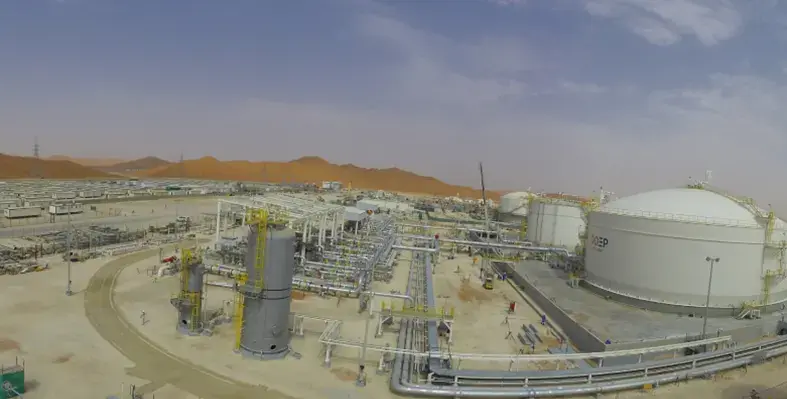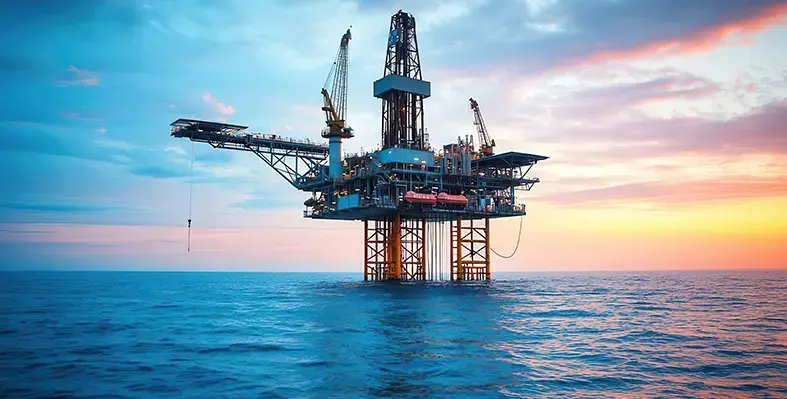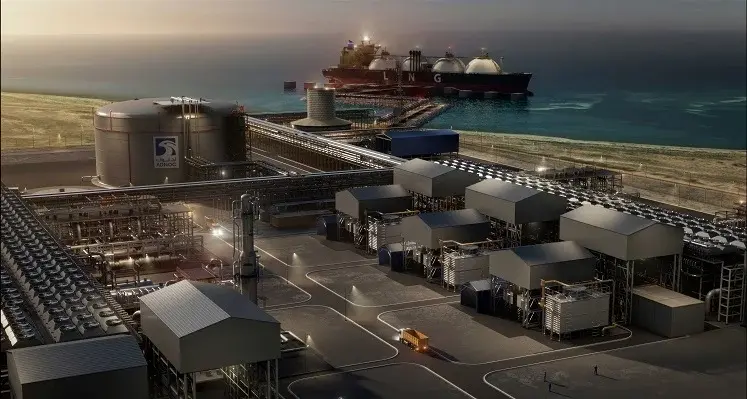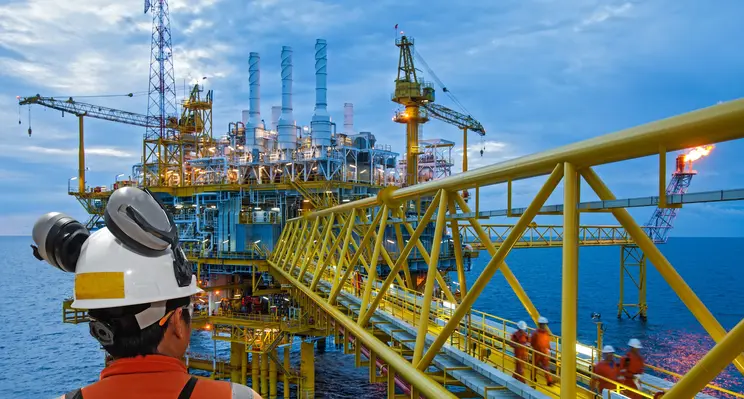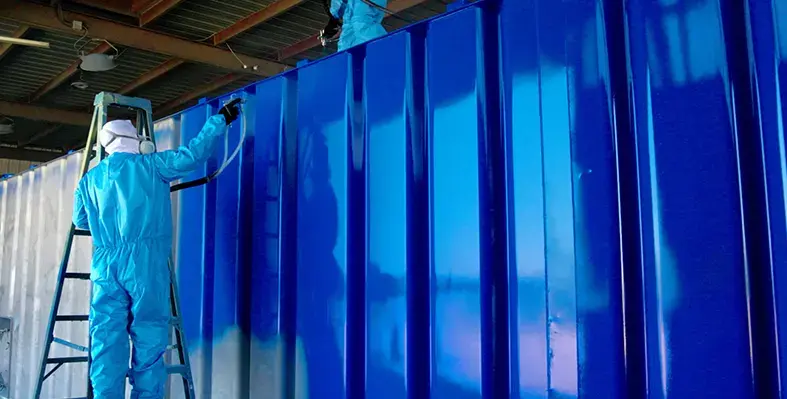Oman's OQ Exploration and Production (OQEP) has commissioned the Bisat-C Expansion Facilities in its Block 60 license ahead of schedule, significantly increasing its oil processing capabilities
The expanded facility can handle additional gross fluids capacity of 447,000 bpd, with an oil train processing capacity of 37,000 bpd, and produced water treatment capacity of 410,000 bpd, giving Bisat C a total oil processing capacity reaching 67,000 bpd.
Achieving first crude oil in less than 18 months, the project was marked by a high level of coordination, planning, and technical execution, according to OQEP. This project main contractor was Enerflex, with the Omani companies Majees Technical Services and Special Technical Services (STS), as subcontractors.
The project has a strong HSE record, with three million safe man-hours completed without a single Lost Time Injury (LTI), while two million kilometres were driven during the project without any Road Traffic Accidents (RTA), reflecting OQEP’s strong emphasis on HSE standards across all operations.
The project has made a strong contribution to local development, with OMR 24.6 million spent on Omani goods and services and 23 Omani graduates trained and recruited,.
From a construction perspective, a total of 486 piles, each 12 metres deep, were installed to support the facility’s tanks, the largest being the produced water tank, which has a capacity of 27,784 cubic meters (approximately 174,700 barrels). Other critical processing units and elements include a gas flotation tank, a gross inlet separator, a heater treater and desalter package, and containerised substation building. To support enhanced reservoir management, the water injection pumps boasts a flow of 1,130 cubic meters per hour at 90 Barg, powered by a 4 MW system back to subsurface.







